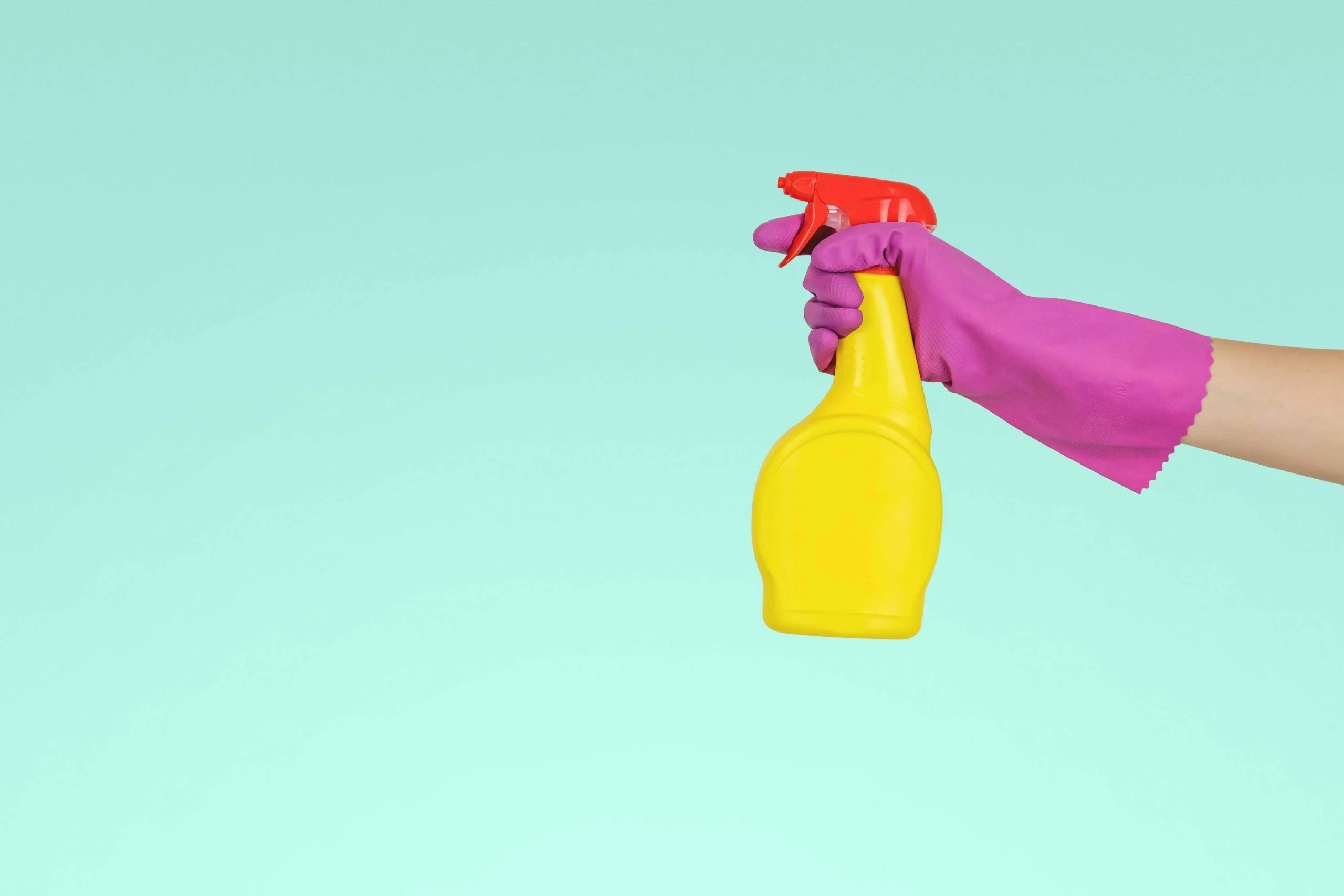Spring is the perfect time to tune up your air conditioning system. It’s important to make sure that your It is running efficiently and effectively so that you can stay cool and comfortable throughout the summer. A tune-up can also help prevent unexpected breakdowns and save you money on energy bills. Therefore, schedule a professional inspection and cleaning, and consider replacing your air filter if it’s been a while. Read about what Aeroseal-duct-sealing can do. Oasis offers this and other services. Doing so lets you enjoy optimal comfort in your home while saving money on energy bills.
Regular maintenance can help prevent unexpected breakdowns and repairs, which can be costly and inconvenient. By catching small problems early, you can avoid more severe issues down the road. Additionally, maintaining your heating and air systems can help improve the air quality in your home. Dust, pollen, and other small particles can build up in your systems over time, and regular cleaning can help remove these pollutants. Finally, regular maintenance can help extend your system’s lifespan, saving you money in the long run.
It’s important to know that hard water, with its high mineral content, can adversely affect your air conditioner over time. The minerals in hard water, such as calcium and magnesium, can accumulate on the evaporator coils as the air conditioner operates. These mineral deposits, often in the form of scale, diminish the coils’ efficiency in absorbing heat and moisture from the air, resulting in reduced cooling capacity and increased energy consumption. As the air conditioner works harder to reach the desired temperature, your energy bills may rise.
Moreover, hard water can also impact the condensate line, which is responsible for draining the water produced during the cooling process. Minerals in the condensate can accumulate within the line, potentially causing clogs. A clogged condensate line can lead to water backing into the unit or drain pan, causing leaks and potential water damage. It may also create a damp environment conducive to mold and mildew growth, affecting indoor air quality.


0 Comments